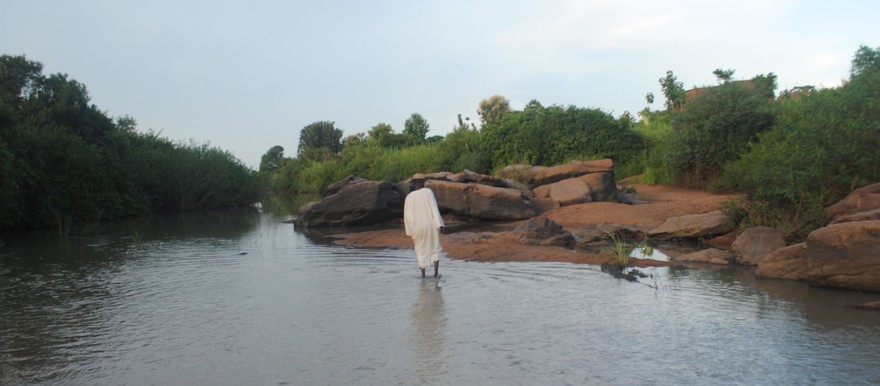Darfur refugees in northwest Sudan near the border with Central African Republic say they have hardly received any humanitarian aid this year.
Raja County and the rest of Western Bahr al Ghazal State have not been affected by clashes as in other parts of the country. The area borders the disputed Kajo Keji Enclave and Radom wildlife area, south of Darfur.
Ishaaq Abdullah, a youth representative of refugees living in Boro Medina, Raja County of Western Bahr al Ghazal State, says that since the refugees came to South Sudan in 2006, they were receiving some help from international organizations.
But since 2013 and throughout the start of this year, “We haven’t had any help whatsoever from organizations,” he said, acknowledging though that the World Food Programme brought “only cooking oil and salt” last week but nothing else.
About 1000 refugees left from Boro Medina to Hajr Nos camp near Raja, while about 1860 stayed in Boro Medina area, he said.
“I call on the international organizations and international community to bring us help. And also we have malnutrition among children,” he said.
Abdullah thanked the host community of Raja County, however, for allowing to them to cultivate in the area, saying, “All of the refugees cultivate a little bit with the citizens of the area.”
He referred also to the poor health situation in Boro Medina Payam, saying the most common diseases were malaria and diarrhea, and also explaining usually there is no way to bring sick people to the hospital in Raja owing to the distance and poor road, for instance during birth complications.
File photo: A man wades through a stream in Boro Medina area, South Sudan (Radio Tamazuj)




